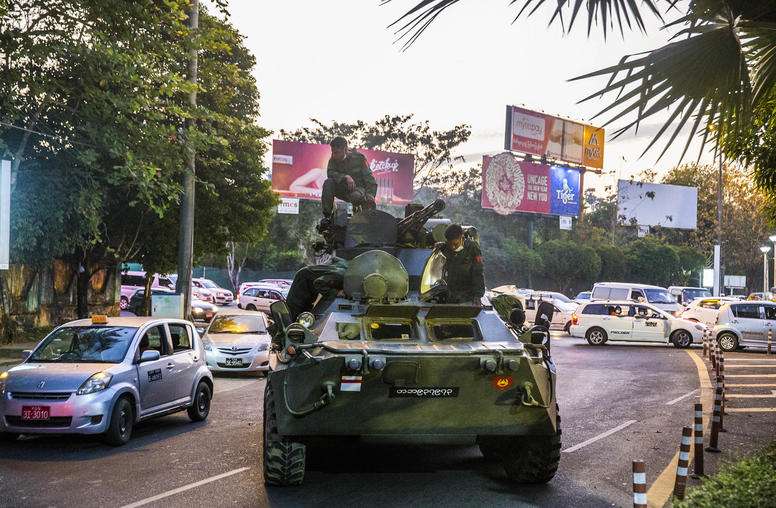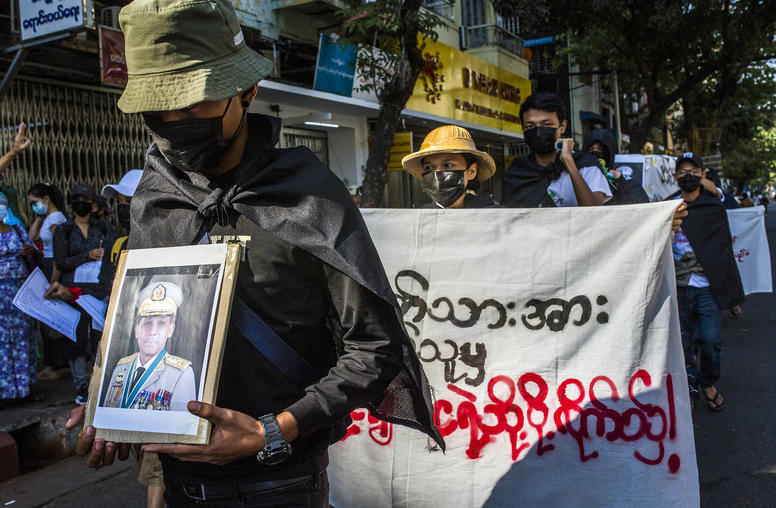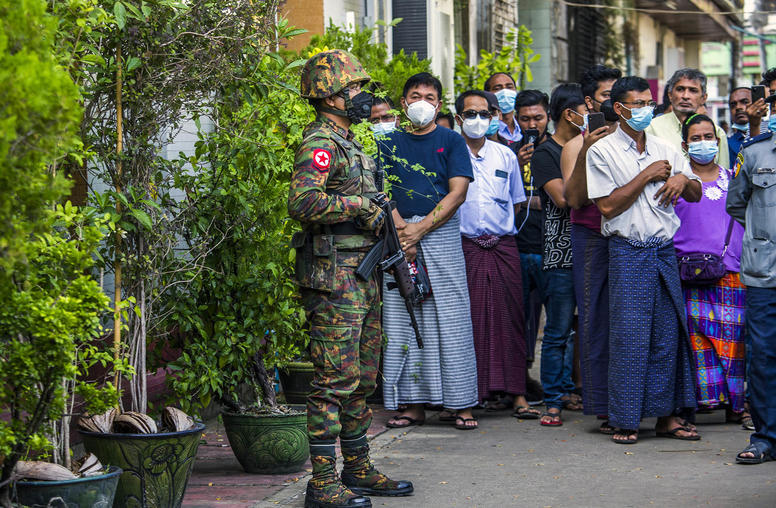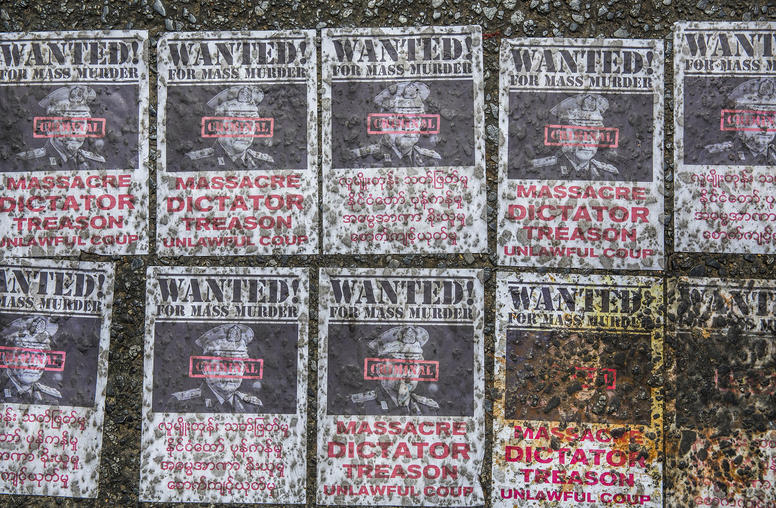Ye Myo Hein
Contact
Please submit all media inquiries to interviews@usip.org or call 202.429.3869.
For all other inquiries, please call 202.457.1700
Ye Myo Hein is a visiting senior expert for the Myanmar program at USIP. At USIP, Ye Myo Hein provides strategic guidance to numerous programs and writes extensively about the conflict in Myanmar. He is a leading analyst on the conflict, focusing primarily on military strategy, military balance of power and war trajectories.
He is also a global fellow for the Asia program at the Wilson Center. Prior to USIP, Ye Myo Hein founded and served as executive director at the Tagaung Institute of Political Studies, one of Myanmar’s pre-eminent think tanks and policy research institutes. He is a leading expert on the Myanmar military and a specialist in security sector governance, having served as an technical advisor and delegate to the Myanmar peace process. Ye Myo Hein also co-founded the Yangon School of Political Science and the Burma Studies Center.
Ye Myo Hein has written several major reports on the Myanmar military and peace process, as well dozens of analytical articles for domestic and international news outlets, including The New York Times, The Diplomat, Foreign Affairs, and Foreign Policy.




